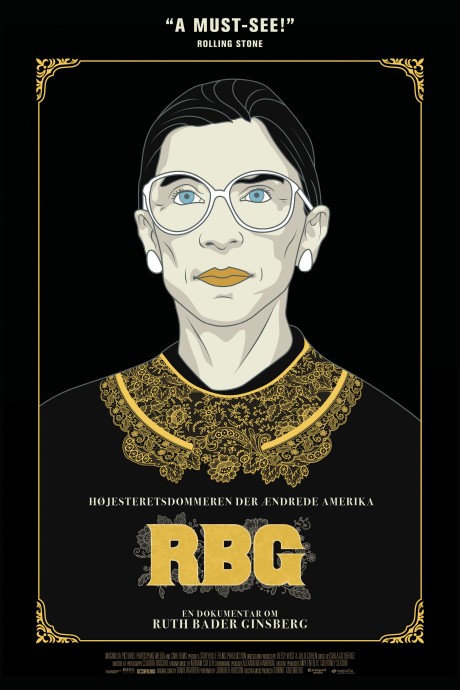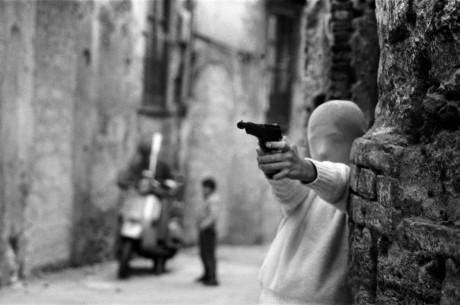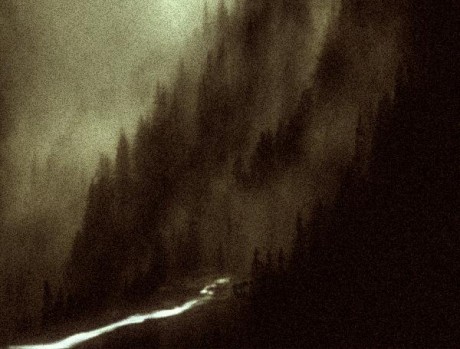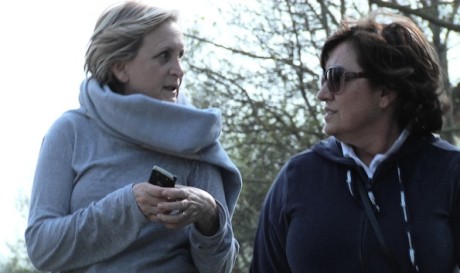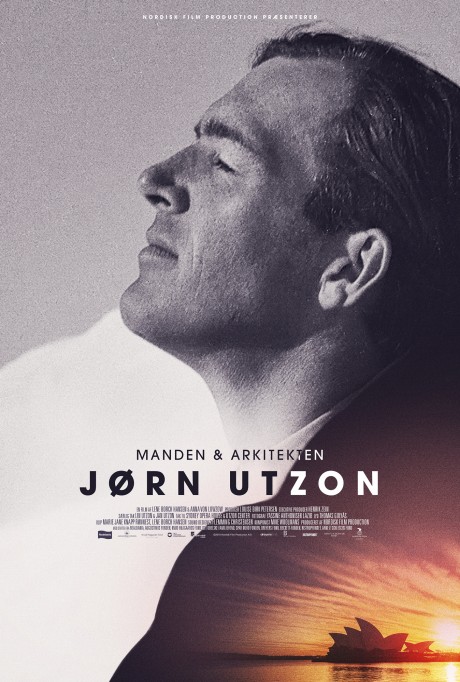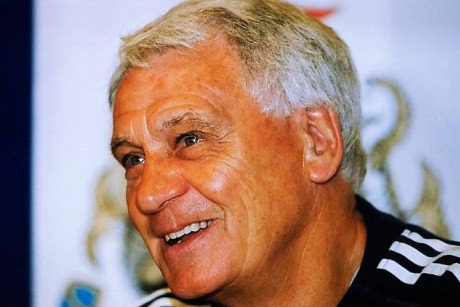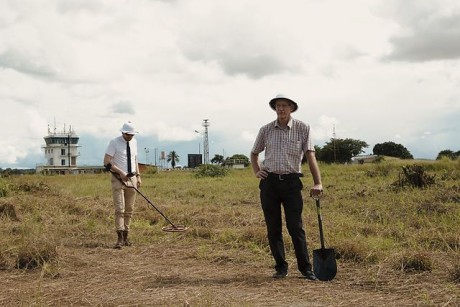


ZagrebDox 15’th Edition
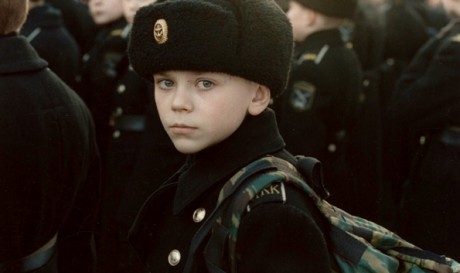
The 15th edition of the Croatian international documentary festival starts tomorrow. It is a festival that year by year has grown and developed, with competitions for international and regional films and a lot of side sections. You can’t complain if you live in Zagreb and want to have a quality overview of what happens in the world of documentaries!
On the FB link to this blogpost you could see a photo of the jurors of the first edition of ZagrebDox, sent by festival director and founder Nenad Puhovski. In the middle you see IDFA’s Head of industry then and now, Adriek van Nieuwenhuyzen, to the left Croatian filmmaker and script writer Krsto Papić, who passed away in 2013, and to the right me.
The three of us had the job to award the best in both the international and regional competition. Read what we decided:
“’Three Rooms of Melancholia’ (photo) by Finnish filmmaker Pirjo Honkasalo is the best International Competition entry at the 1stZagrebDox. ‘Images From the Corner’ by Bosnian and Herzegovinian filmmaker Jasmila banić is the best regional competition film. The best film by a young filmmaker is ‘Life In Peace’ by Antoine Cattin and Pavel Kostomarov.”
Two big names in European cinema, Honkasalo and banić, and two Russian/Swiss names who have made several important works since then.
Back in Zagreb this year I have been invited to be a juror again, this time with Serbian elimir ilnik, whose work I know far too little about, and Croatian Nebojša Slijepčević, whose ”Srbenka” I saw in Sarejevo, and wrote enthusiastically about: http://www.filmkommentaren.dk/blog/blogpost/4308/
ilnik hosts a masterclass that I look forward to, the same goes for Sergei Loznitsa and then there is the impressive ZagrebDox Pro with project development and pitching, led by Leena Pasanen and Stefano Tealdi.
Also that has grown since the start in 2005, where EDN colleague Cecilia Lidin and I tutored with a small panel. I remember that late editor from ORF Frans Grabner took part as well as Rada Sesic, of course, who will be there again this year. Films like “Cash and Marry” by Atanas Georgiev, “Wongar” by Andrijana Stojkovic, “Caviar Connection” by Dragan Nikolic, “Sevdah” by Marina Škop and “I will Marry the Whole Village” by eljko Mirković were there, to mention a few.
Gonna be good days in Zagreb, arriving Wednesday, staying till the end.

